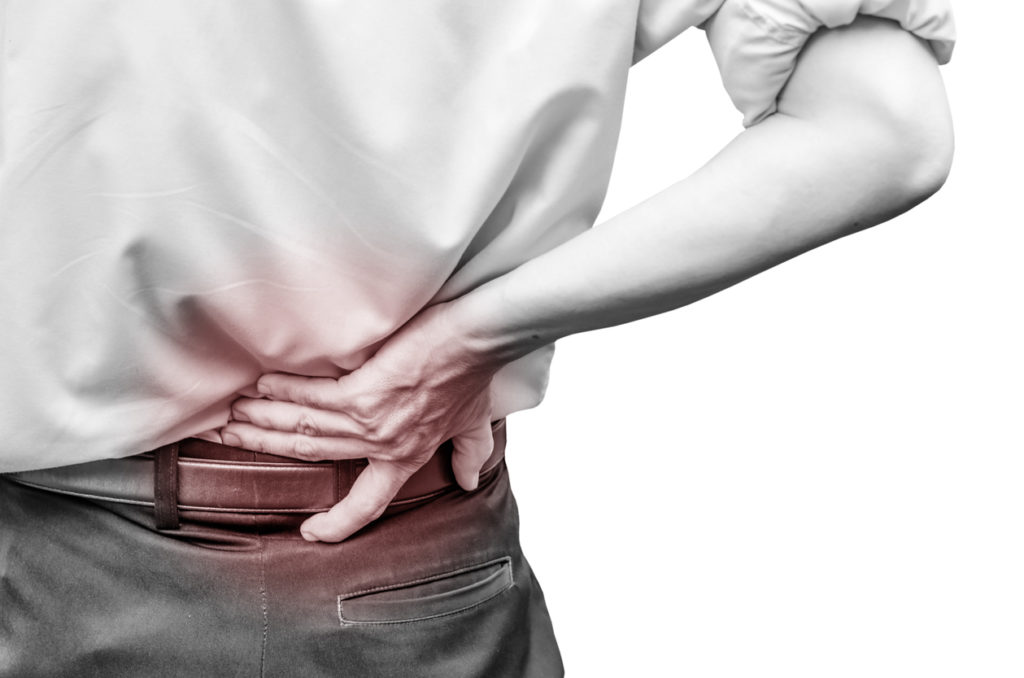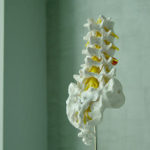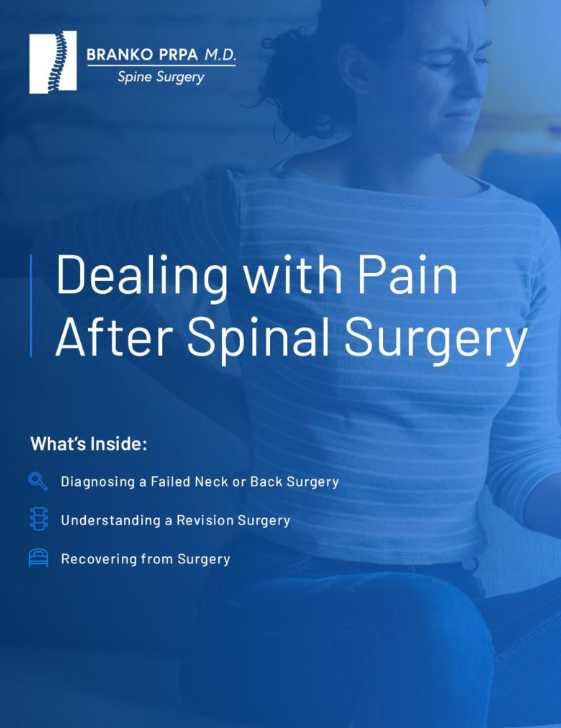Understanding and Coping With Degenerative Disk Disease

If you are experiencing chronic back pain, you’re not alone. In fact, 75% of people report back pain at some point in their lives. And as we age, this pain often worsens. One of the primary culprits of back pain in aging adults is degenerative disc disease.
What is Degenerative Disc Disease?
Your spine consists of 33 small pieces of bone (the vertebrae) set on top of each other from your tailbone through your neck. To prevent friction and increase flexibility, discs of cartilage separate each vertebra, acting as gasket-like shock absorbers for your spine.
These discs contain fluid. In fact, they’re 88% water. During the day when you’re active, they lose fluid. On average, adults lose close to 3/4 of an inch in height because of this loss of fluid from their spinal discs. While you sleep at night, your discs regain that fluid, and you wake up your full height in the morning.
However, over time your discs shrink. On average, adults lose a full two inches in height by the time they turn 60 years old. Chronic dehydration speeds this up by making it more difficult for your discs to replace lost water while you’re sleeping. And this shrinkage of the discs affects the rest of your spine.
When scientists first realized discs shrank with time, they termed it degenerative disc disease, but, like gray hair and wrinkles, it comes as part of age. MRI scans of people without lower back pain show they too have discs that are shrinking from the normal wear and tear of life and the gradual dehydration of the discs. The amount of pain you feel doesn’t necessarily correlate with the amount of disc damage or degeneration.
Sometimes the drying process results in cracks and tears through which the inner material of the disc spills out or ruptures, irritating local nerves. This results in pain in your shoulders, hands, fingers, and arms. Also, disc degeneration eventually damages surrounding ligaments, injuring them and causing local pain.
The Symptoms of Degenerative Disc Disease (DDD)
The most common symptoms of degenerative disc disease include the following:
- Spinal pain triggered by activity
- Pain that worsens when you sit or stand for long periods of time
- Muscle spasms
- Tingling sensations in your fingers or toes
- Pain that flares up then settles into chronic discomfort
- Low back pain that spreads to the hips
- Pain in the buttocks or thighs while walking
- Weakness in your knees, fingers, or hands
What Makes DDD Worse?
Though the symptoms of degenerative disc disease do not always worsen over time, the discs will continue to degenerate. Certain behaviors will accelerate or worsen the degeneration of your spinal discs:
- Sitting for long periods of time: Prolonged sitting puts more pressure on your spine and discs than either lying or standing.
- Smoking: According to a recent study by the Association of Academic Physiatrists, smoking damages the small blood vessels that feed nutrition to your spinal discs.
- Obesity: Being overweight puts considerable pressure on your spinal discs.
- Long-term physical labor: Performing heavy physical labor over time puts more wear and tear on your discs.
- Lack of exercise: A lack of physical activity weakens the muscles around the spine, increasing disc degeneration.
Tips for Dealing With Disc Degeneration
If you have been diagnosed with degenerative disc disease, it’s important to take immediate action to prevent your condition from worsening. Consider the following tips for coping with DDD:
- If you are a smoker, quit smoking right away. Give your small blood vessels a chance to deliver the oxygen and nutrients your spinal discs need.
- Don’t sit for long periods. This is not always easy, especially when you’re already suffering from pain, but sitting puts the most pressure on your spine. If you work at a desk, consider investing in a convertible stand-up desk or go for frequent walks, so you can get on your feet more often.
- Avoid stressing or overusing your spine.
- Talk to a physical therapist. They can help develop a customized plan of stretches and exercises that will reduce your back pain and other DDD-related symptoms.
- Switch to an ergonomic chair to relieve the pressure on your spine.
- Improve your posture.
- Maintain a healthy weight.
- Avoid excess alcohol.
- Drink plenty of water.
- Stay active. A regular exercise routine will ensure your body stays strong and fit.
Disc degeneration happens to everyone as they grow older, but not everybody suffers pain from it. A trained physical therapist may be able to help you find relief from back pain associated with degenerative disc disease and help you make the lifestyle changes to improve your spinal health. However, in more severe cases, you may need to consult a Milwaukee spine surgeon for more intensive treatment. To learn more, please contact us.
happens to everyone as they grow older, but not everybody suffers pain from it. A trained physical therapist may be able to help you find relief from back pain associated with degenerative disc disease and help you make the lifestyle changes to improve your spinal health. However, in more severe cases, you may need to consult a Milwaukee spine surgeon for more intensive treatment. To learn more, please contact us.

